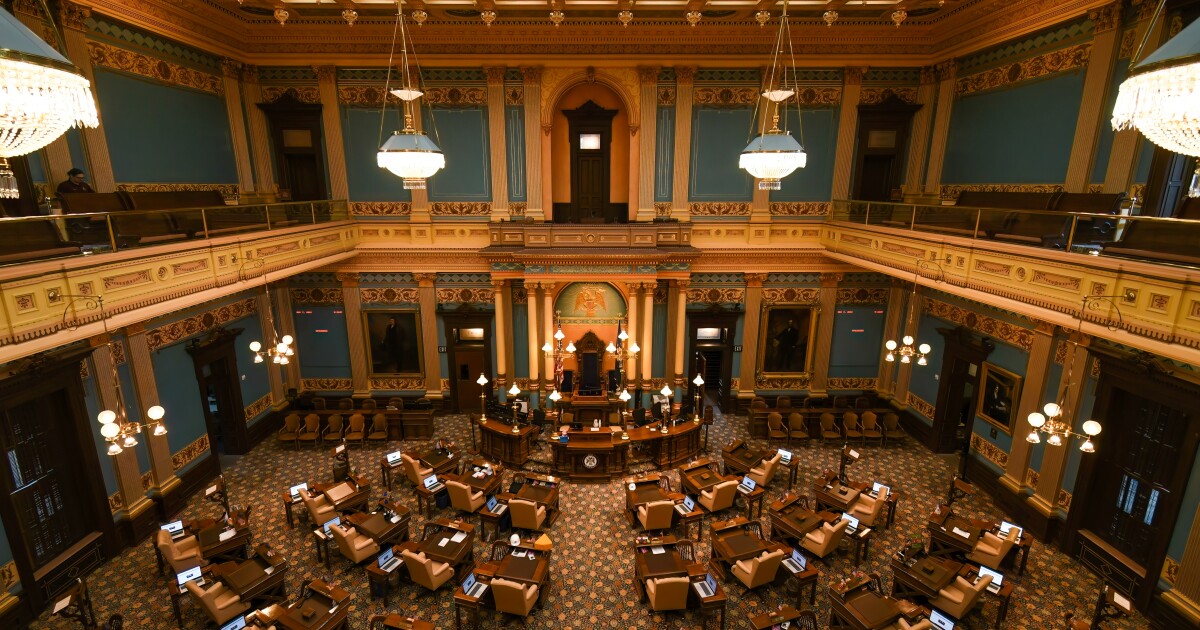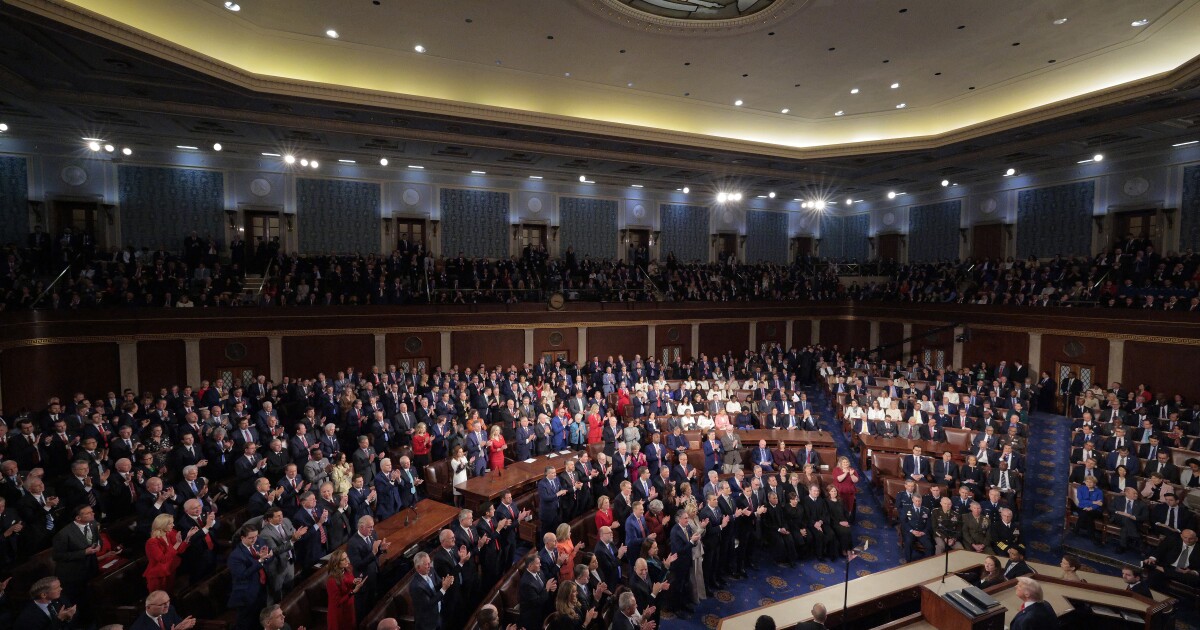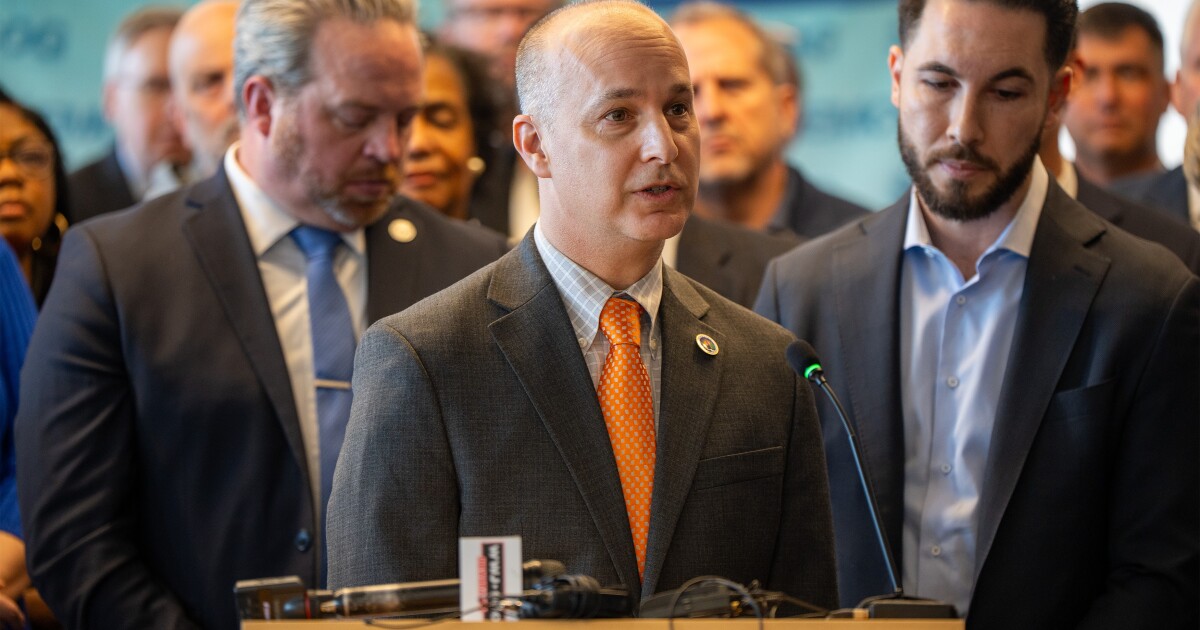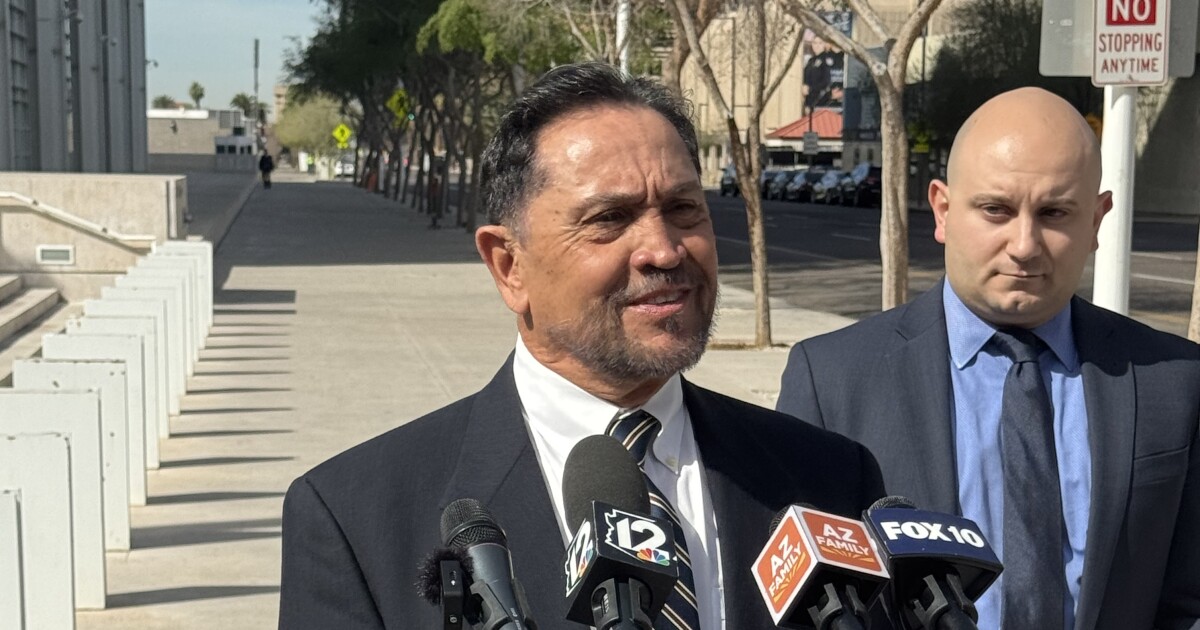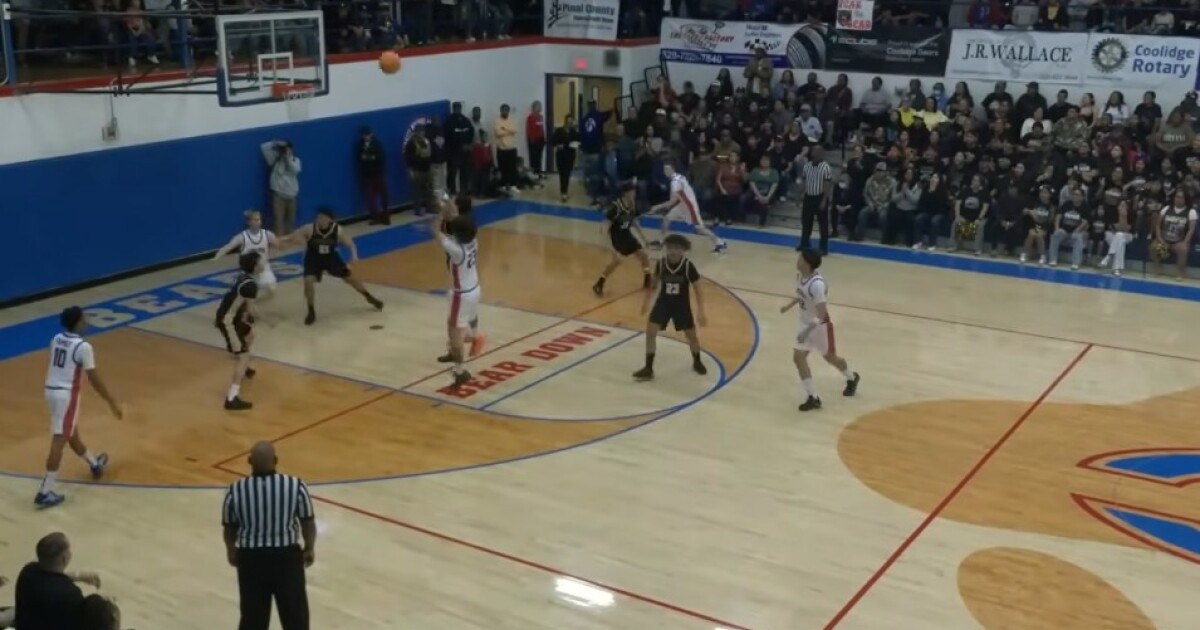Detroit Considers New Admissions Tax for Entertainment Events
Detroit is evaluating the possibility of implementing a tax on entry to sports games, concerts, and other entertainment activities. This move aims to align Detroit with other major cities that have similar taxes in place, according to a recent study by the Citizens Research Council of Michigan.
Eric Lupher, who leads the research council, suggests that a flat admissions tax ranging between 3% and 10% could bring Detroit in line with cities like Cincinnati, Indianapolis, and Chicago. “There’s opportunities to learn from other cities that are doing this,” Lupher stated. He estimates that the city could potentially generate between $15 million to $50 million in revenue, depending on the tax rate and scope.
The proposed tax could apply to a wide range of events, including professional sports teams like the Lions, Tigers, Red Wings, and Pistons, as well as local minor league and college teams. Entertainment events such as auto shows, concerts, and theatrical performances might also fall under this tax.
However, not everyone agrees with this approach. James Hohman, director of fiscal policy at the Mackinac Center for Public Policy, argues that Detroit has explored various revenue-generating strategies before. He pointed out that Detroit already benefits from a unique casino tax that other Michigan cities do not have. “If having more revenue options was the problem in Detroit, they would have solved it long ago,” Hohman remarked.
Proponents like Lupher argue that the admissions tax could ease the financial pressure on residents by diversifying the city’s revenue streams, potentially reducing the burden of high property and income taxes. “Detroit has one of the highest property taxes in the nation, and doing an admissions tax would create more diversity in the Detroit tax system,” he explained.
Opinions on the impact of the tax diverge. While it could raise ticket prices and limit access for some individuals, the additional revenue might improve public safety and infrastructure. Hohman contends that such taxes are politically easy to implement because they mainly impact non-residents. He noted, “One of the driving forces for entertainment taxes is that cities get to enact them, and much of it falls on residents outside of the city.”
The Detroit City Council’s Committee on Budget, Finance, and Audit is set to discuss the proposal on October 1. For the tax to be enacted, it would require approval from the state Legislature, the city council, and local voters.
—
Read More Michigan News


